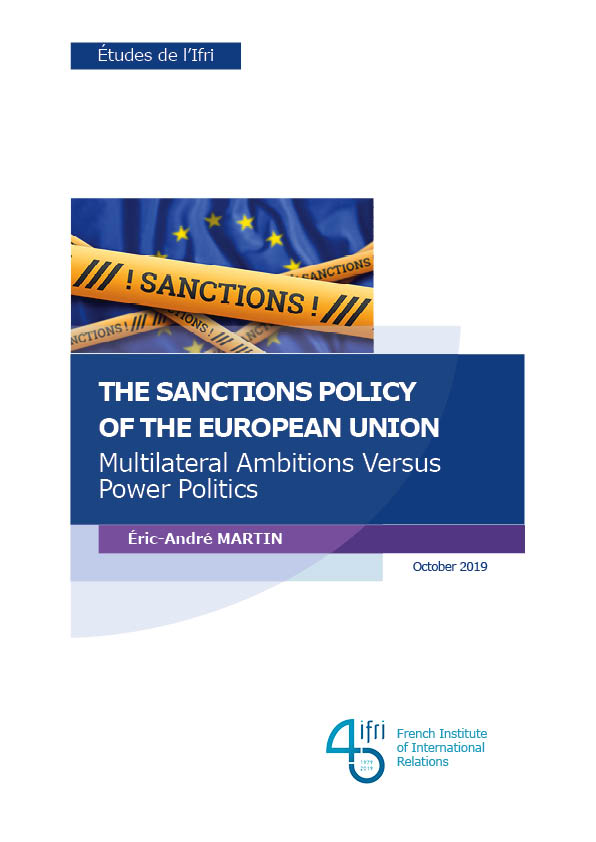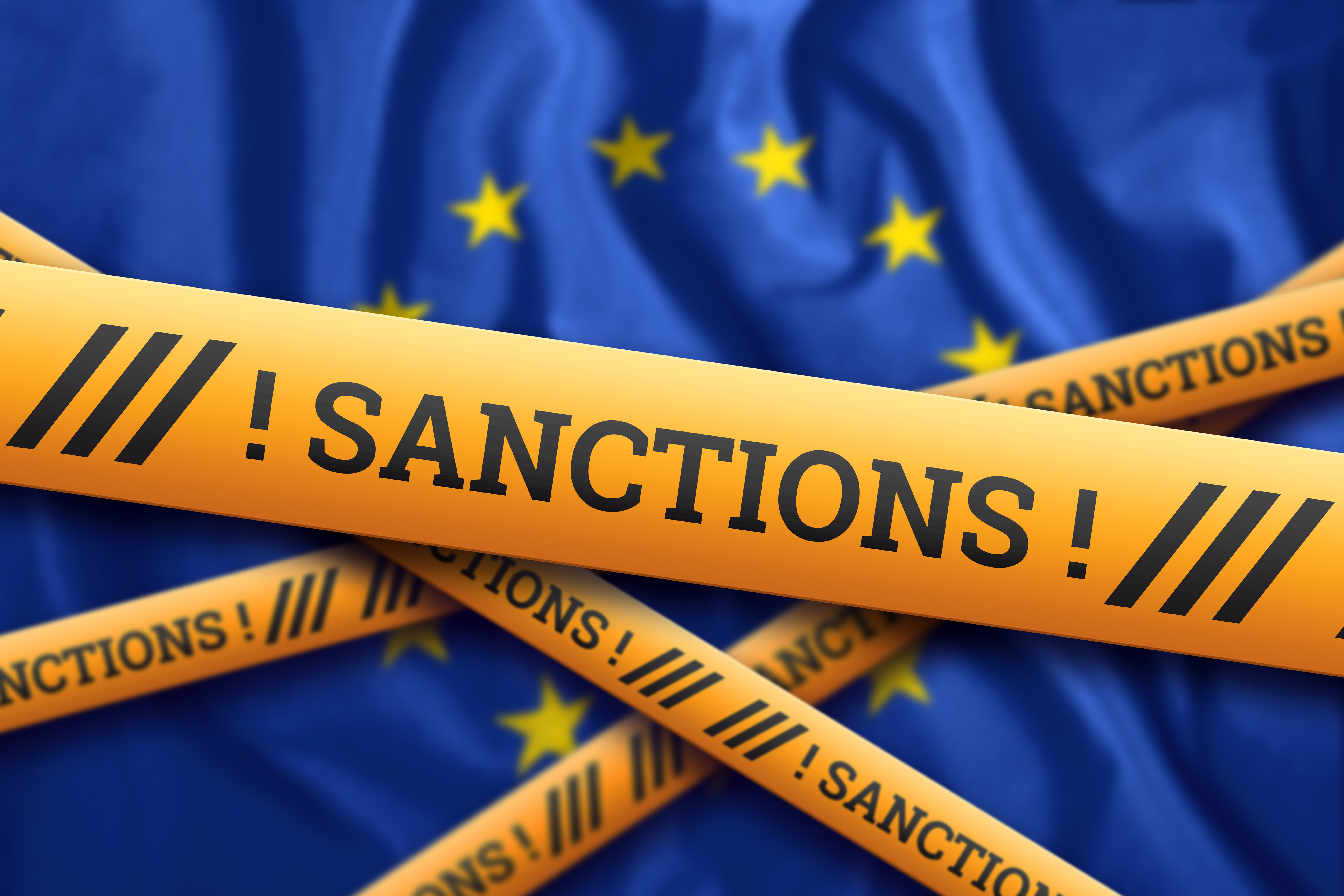The Sanctions Policy of the European Union: Multilateral Ambitions Versus Power Politics

Restrictive measures are a major instrument of the European Union (EU)’s external action, which has emerged as one of the world’s leading sanctions emitters. The EU has thus leveraged the size of its market and its economic and financial clout (trade relations, aid policy and bilateral agreements).

Through its significant activity in the field of sanctions, the EU has been able to reinforce its image as a normative power and a global player, contributing actively to international peace and stability. The EU’s restrictive measures were adopted in a favorable international context, marked by the legitimacy that was conferred, most of the time, by United Nations resolutions, and by close coordination with the United States (US). This privileged period culminated with the management of the Iranian crisis and the conclusion of the 2015 Vienna Agreement. More recently, however, sanctions have tended to lose their function as an instrument contributing to shape a shared vision of the world order, and to become what they are in essence, namely an instrument of statecraft dedicated to the protection of States’ national interests. This trend is illustrated on the one hand by the affirmation of a unilateral United States policy on sanctions, which tends to extend the scope of coercion to third parties, including European entities, and on the other hand, by the increasing use of sanctions by powers like China and Russia as a geo-economic tool.
This new situation regarding sanctions places an emphasis on economic security and sovereignty and confronts the EU to its vulnerability within an international order that was conceived and dominated by the United States. But it also raises the EU’s incapacity to develop power politics, especially as regards economic statecraft. The forms of coercion to which the EU is and will be confronted should lead it to develop defensive tools at least, and consequently to adjust its trade policy as well as its rules regulating economic competition on its internal market. As for European companies, which are exposed to risks of prosecution by the US justice system, they have already developed compliance procedures in order to reduce their vulnerabilities.
Download the full analysis
This page contains only a summary of our work. If you would like to have access to all the information from our research on the subject, you can download the full version in PDF format.
The Sanctions Policy of the European Union: Multilateral Ambitions Versus Power Politics








